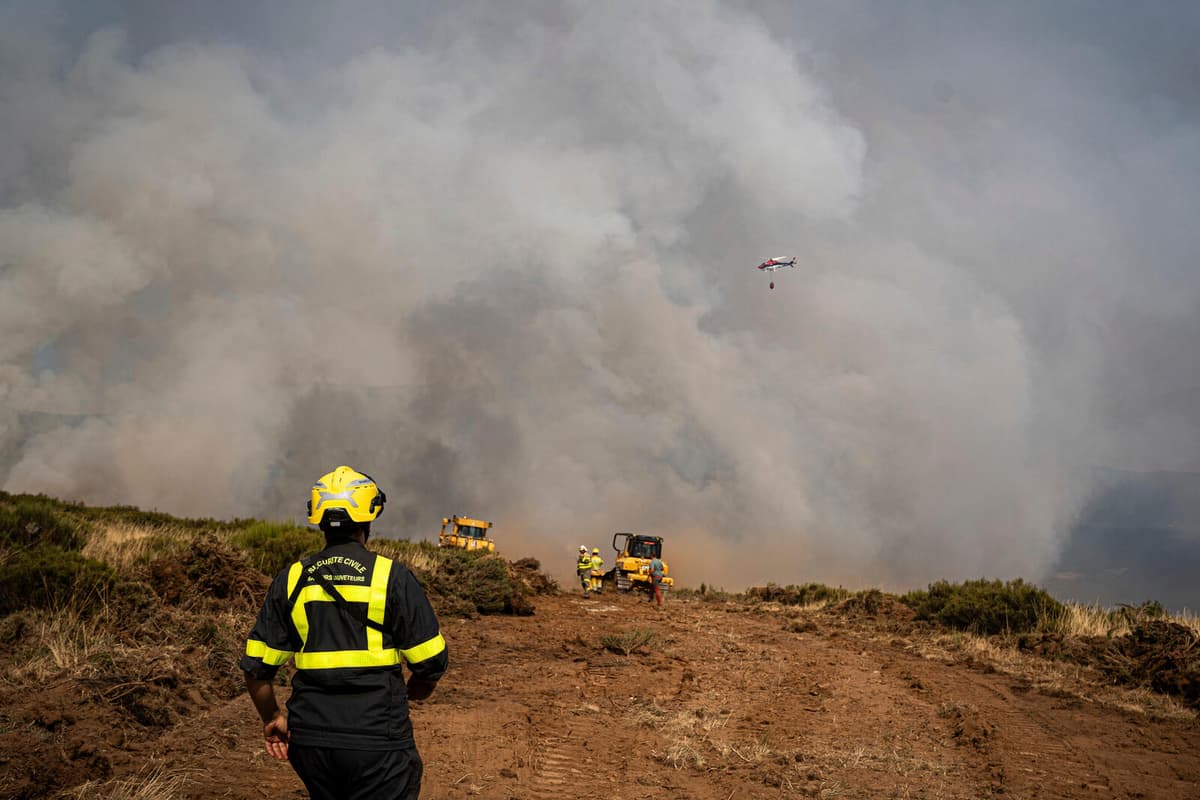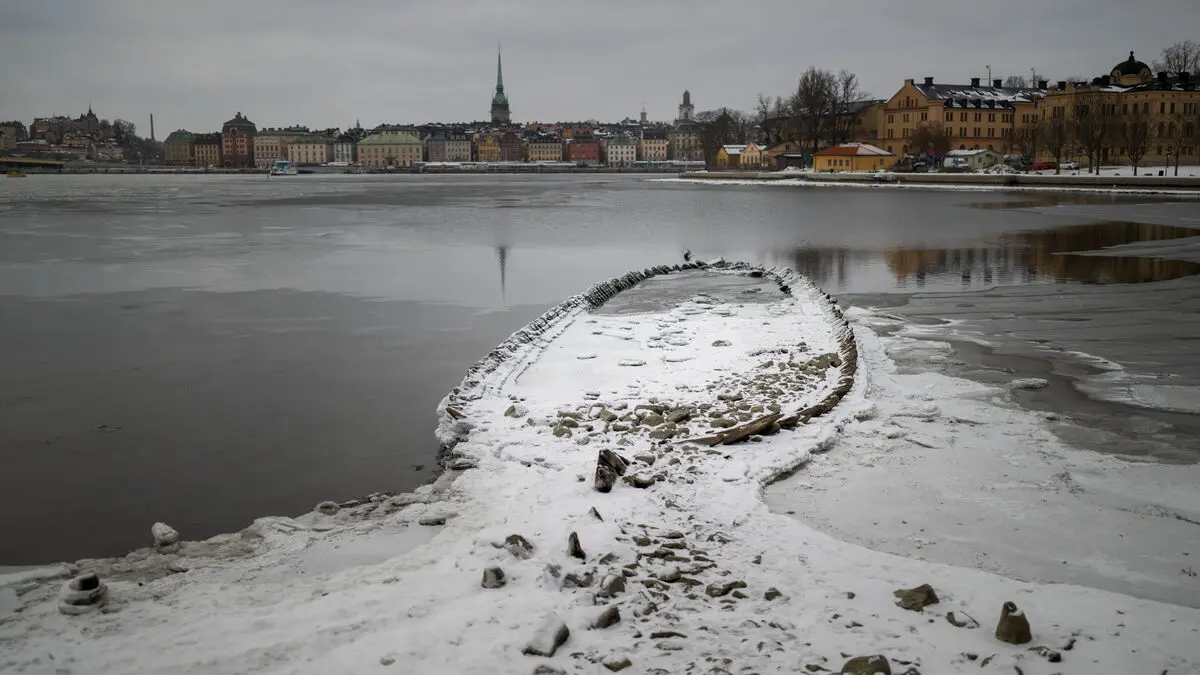The fires in Portugal and Spain are a result of the fact that there is a lot of dry vegetation in the area, which, together with warm conditions and strong winds, has increased the risk of fires.
"The sharp increase in intensity occurred during the heatwave last week", says Mark Parrington, researcher at Copernicus, in a written comment to TT.
The smoke from the fires is so extensive that the air quality on the Iberian Peninsula and France has deteriorated, with occasional levels ten times higher than the WHO's guidelines for particles smaller than 2.5 micrometers.
The smoke has also blown all the way to Scandinavia. For Spain's part, where 382,000 hectares have been ravaged by fire, the emissions from the fires are the worst in two decades, according to Copernicus.
"The natural fire emissions from Spain and Portugal in August have been exceptional", according to Parrington.
Even if the fires so far have been fewer in Portugal than in recent years - they are larger. So far, 262,000 hectares have burned, which is 120,000 hectares more than last year and the largest area since 2017, according to Copernicus.
"Several studies show that the risk of fires will increase with climate change. Wetter winters/springs in some regions can result in increased vegetation that can in turn provide fuel for large-scale fires during the fire season", writes Parrington.






